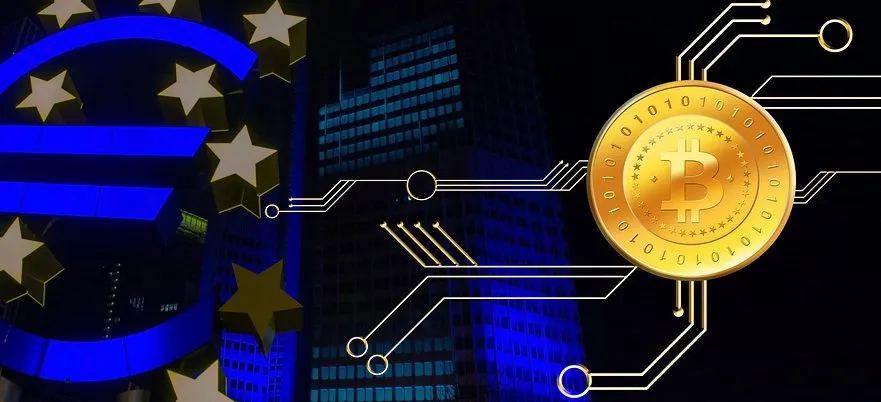|
Getting your Trinity Audio player ready...
|
A representative of the European Central Bank has confirmed the bank is not ignoring cryptocurrencies, despite moves elsewhere in the world to more readily embrace the technology.
Benoît Cœuré, an executive board member at the European Central Bank, spoke in an interview last week, confirming to local media that the bank is closely monitoring developments in cryptocurrencies as more users and use cases come on stream.
While he was quick to underline that the ECB is not ‘ignoring’ the rise of cryptocurrencies like bitcoin, he confirmed that the bank doesn’t yet consider them a threat to their established institutions.
“At the moment cryptocurrencies don’t pose any monetary risk because the amounts involved are marginal. They are speculative financial instruments which create risks of a financial or even criminal nature.”
The European Central Bank is responsible for centralised functions for the entire Eurozone, making it one of the most significant central banks in the world. Yet it has so far been seen as a follower, rather than a leader, in dealing with the issues presented by the rise of cryptocurrencies and the underlying blockchain technology.
The news comes at a time where central banks elsewhere are being more proactive in their embrace of new technologies, leading to accusations of the ECB lagging behind.
Particularly in Asian markets, the rise of cryptocurrencies has seen them become a widely used store of value across the world, and analysts are projecting cryptocurrencies will continue to gain traction in the months ahead.
While recognising that some jurisdictions were already moving away from physical money towards the digital via blockchain technology, the bank said only that it would continue to monitor these developments closely.
Back in September, the ECB’s president Mario Draghi said that the bank could not regulate cryptocurrencies if it tried, based on the decentralised, global nature of the markets.
Yet he also said that Eurozone members were not entitled to explore cryptocurrencies at a national level, insisting all member states must continue to use the euro.
Cryptocurrencies have had another big year in 2017 to date, and regulators and central banks around the world are pushing to develop new approaches to the emergence of these new technologies.

 08-08-2025
08-08-2025 





